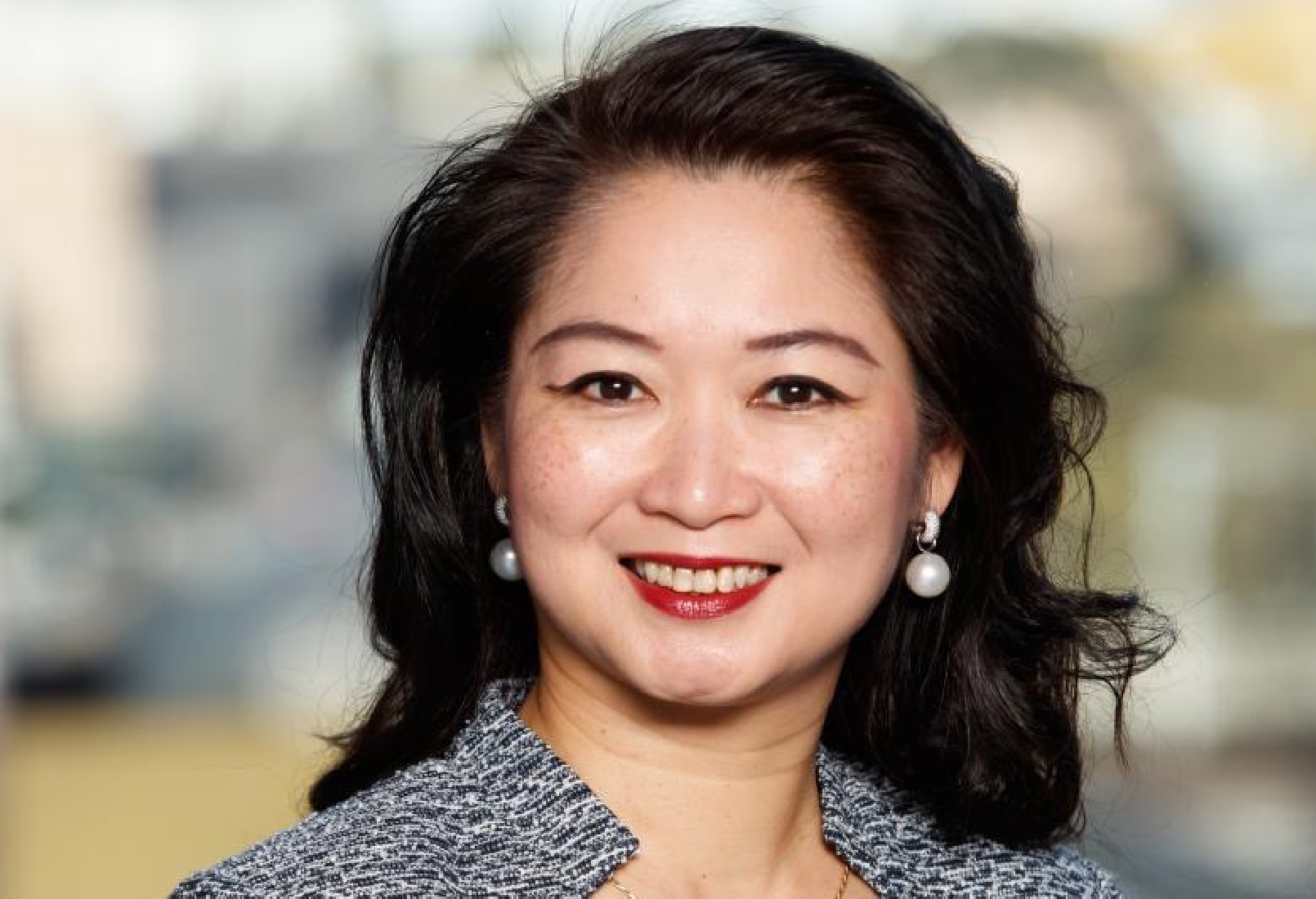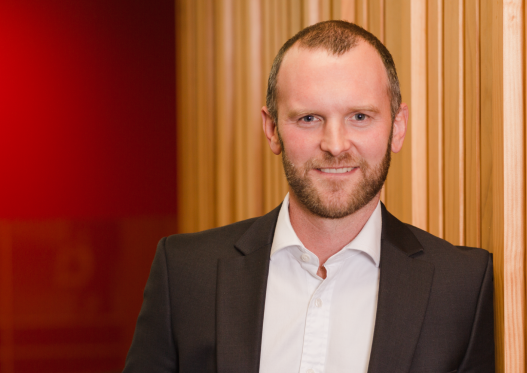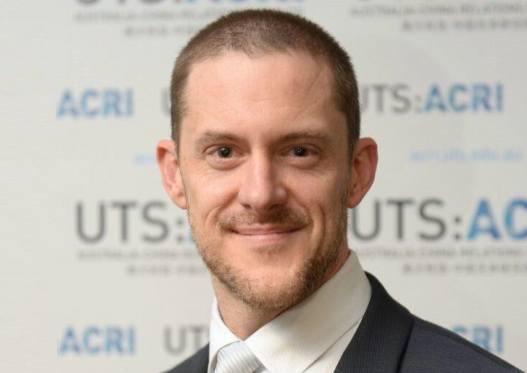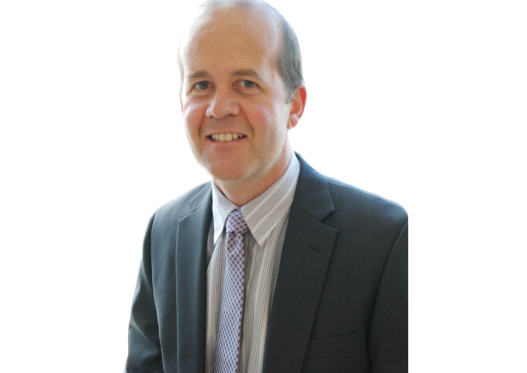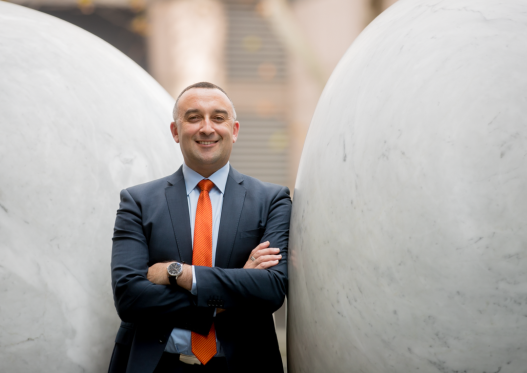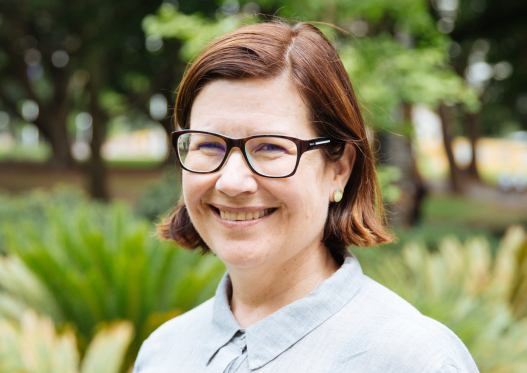FINSIA Fellow Irene Yu - National Head, Corporate Partners at Westpac – spoke about the short course that is a world first benchmark qualification in green finance, and backed its roll-out across Australia.
“There's whole lot of work done at the institutional level and at the consumer level here at Westpac where we are part of the United Nations Net-Zero Banking Alliance,” Chartered Banker Irene told InFinance.
“As a banker, I see the enormous opportunity for us to do good as an individual citizen and as a corporate. We can we make the most of our position to create value for the community.
“From my perspective, I wanted to understand and harness the significant potential of becoming emerged on this journey to net zero.
“I want to make sure that I'm well informed so that the business strategy I develop and implement is relevant for the business of tomorrow. It has helped me focus on the investment needs to transition to net zero that are a priority.
“Everyone has a role to play – including customers, whether corporates or individual. Collectively, we have to ask how we can expedite this transition of climate change.
“While I’m proud to work at Westpac and obviously want to promote the work we do at Westpac, I also want to advocate for this course as it is relevant for all the professionals in the banking industry, irrespective of which bank or which brand you carry.
“It's going to be really good for your own personal development. It highlights your own ambitions as a leader.”
Irene, who completed the course in the lead up to COP26, recognises the overarching interest in ESG is since the floods, bushfires and the pandemic is also seeing a shift from financial services professionals want to be working in this area.
“I think it's probably more relevant for Australians, because we are seeing it, we experience, we live through it,” said Irene.
“As people are the most important strategy assets for any organization, particularly in this current environment where there is a talent war out there, it is necessary to make sure that we really look after people.
“And there are certainly people out there who want to know that ESG embedded in their employers’ strategy.
“The obvious benefits are that it will help culture manager to attract, retain and engage with their people much better than before. Millennials are more socially conscious than previous generations.
“It's not just about the dollar and cents that's going to satisfy them, it's more around what's equitable to them, more the social and environmental aspect as well, rather than the financial piece.
“Things that make them feel proud, representing the brand that they carry with them, is very different from baby boomers. They want to have a profit with a purpose.”
Irene says the course highlighted the fact that there are so many government agencies created to tackle climate change and sustainability - and was pleased to discover so many bodies with a deep pool of useful information.
“The banking community alone is not able to finance the transition to net zero. There is more awareness which makes it more compelling for the private investor to come in,” she said.
The former auditor also touched on the issue of greenwashing.
“The reporting is critically important to help the investment community understand issues around green finance and to be able to compare apples to apples, especially when we talk about greenwashing,” said Irene.
“It’s relevant all the way through the business, even if they're experienced banker or a credit analyst, because this is quite new to most of us and it’s helping us to ask the right questions – as well as knowing where to look for more information.”



